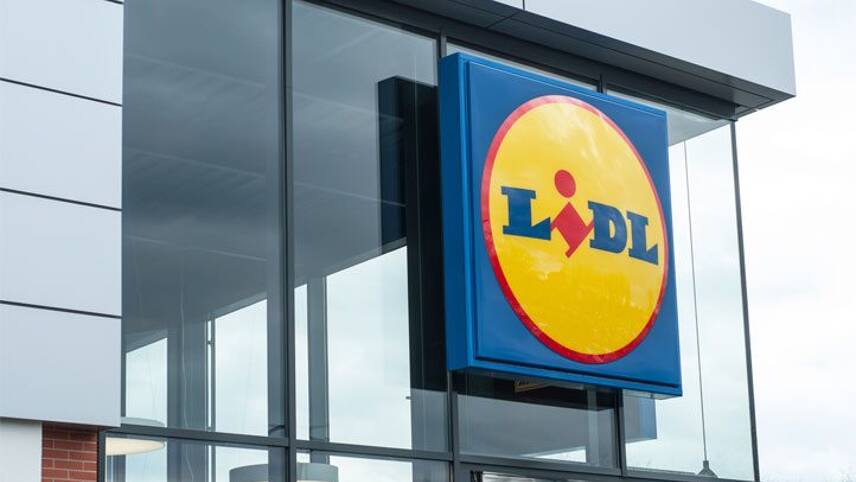Register for free and continue reading
Join our growing army of changemakers and get unlimited access to our premium content

The new partnership will see Lidl and WWF work across the retailer’s value chain to promote biodiversity, responsible water management, and sourcing of materials such as palm oil, soy, cocoa, tea, coffee, wood, and paper products.
The partnership will also seek to improve the traceability of the supply chain, focusing on eliminating deforestation, safeguarding depleted fishing grounds, and getting suppliers to set science-based targets.
Lidl International’s chief purchasing officer Christoph Pohl said: “In our role as one of the largest food retailers, we are aware of our responsibility and our influence. We take responsibility with the aim of doing business within planetary boundaries. For Lidl, sustainable management is not only a question of attitude, but also the basis for the future viability of our business model.
“With the support and expertise of WWF, we will now take our commitment to sustainability to the next level. We can only overcome major global challenges such as climate change and nature loss by working together. That’s why we believe in strong partnerships to work together to provide more sustainable choices.”
Lidl joined WWF’s initiative to halve the environmental impact of the average UK shopping basket by 2030 back in 2023.
Tesco and WWF first announced the initiative in 2018, with the aim of creating a “pioneering” industry measure of the environmental impact of the average UK shopping basket, based on food and ingredients.
The overarching goal of Tesco and WWF’s partnership is to halve the environmental impact of the average UK shopping basket by 2030, compared with a 2019 baseline. Four other supermarkets signed on to that commitment at COP26. The impact is measured on a life-cycle basis and the methodology includes information relating to emissions, deforestation, food waste and packaging waste. The wider role that supply chains have to play in promoting sustainable food systems and more sustainable diets is also considered.
Beef and peanuts
It comes as Morrisons announced a partnership with Sea Forest, an Earthshot finalist to reduce emissions from its beef cattle.
The two companies will explore the production of methane-abating feedstock for cattle that utilises seaweed in a way that cuts back on emissions. Sea Forest collaborated with Australian burger chain Grill’d which led to grass-fed black Angus cattle producing 67% less methane emissions.
If successful, the products could be on shelves and available to consumers by 2026. The partnership supports Morrisons’ ambition to achieve net zero agriculture emissions from its directly supplied farms by 2030.
In related news, nutrition firm ADM has partnered with food retailer Smucker to introduce regenerative agriculture practices for its Golden Peanut range.
ADM and Smucker will offer financial support for farmers and training to ensure that 20,000 peanut acres are enrolled into the programme each year. The partnership runs for three years and at least 5,000 acres per year will be affiliated with the National Black Growers Council.


Please login or Register to leave a comment.